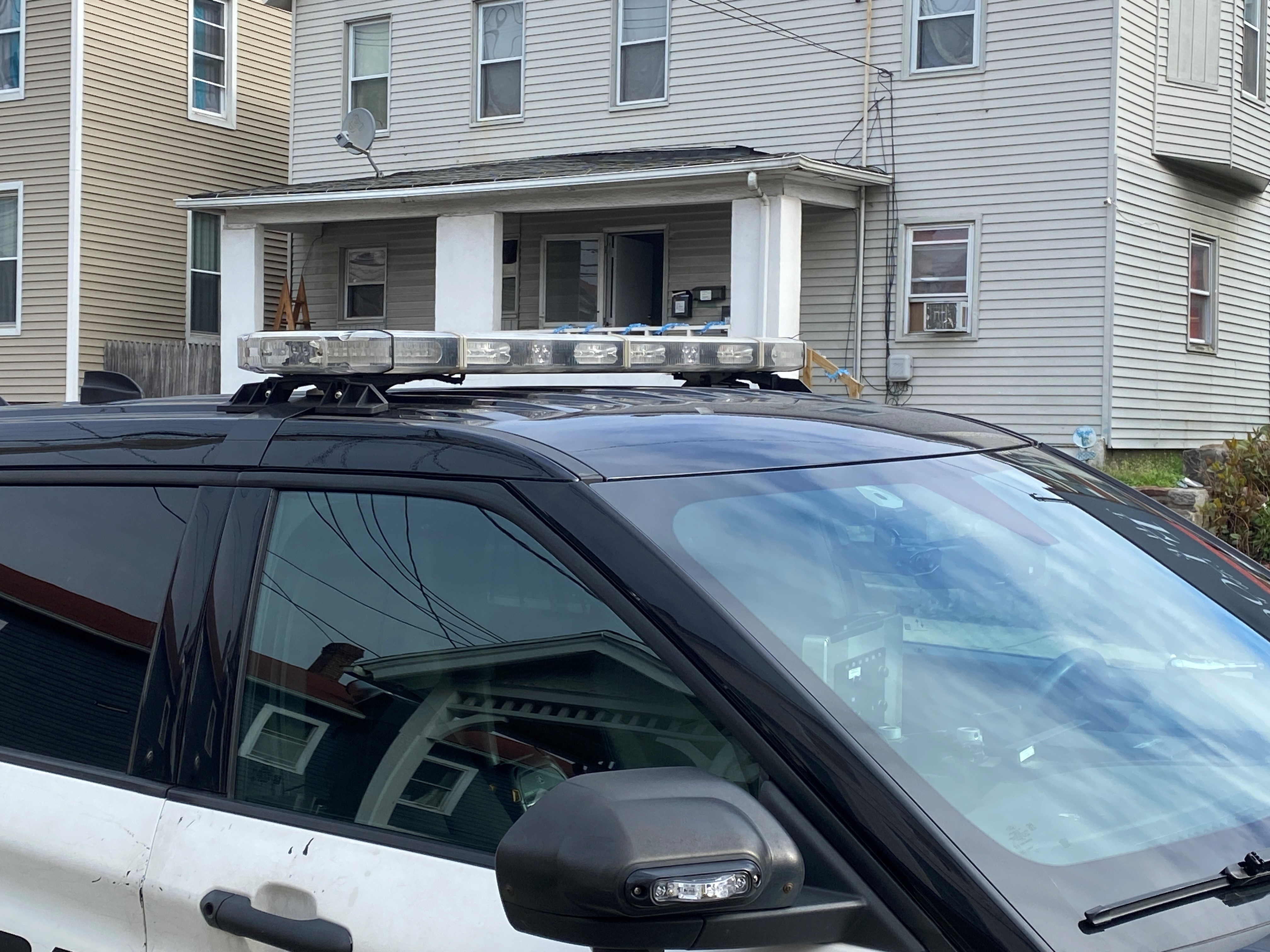Connecticut has 144 families living in federally-funded public housing with salaries higher than the income limit for government-assisted living.
Twelve of those families make more than $100,000 a year. The top earner, a New Haven resident, brings home $161,000.
These families live in the same housing Abnisha Merritt and her four children have waited 11 years for.
“I’ve lived in garages. I’ve lost count after 17 different places,” said Merritt, who now lives in a New Haven homeless shelter. “All of this while you’re waiting for housing.”
Merritt has always considered New Haven home, even though home itself has always been temporary.
Violence and poverty crippled her childhood in the Newhallville neighborhood. Today, she and her family live across town. She wants their story to be different.
“What I’ve been dealt in life period… I’ve always tried my best,” said Merritt. “Always.”
Local
She is one of thousands of people in Connecticut waiting for an affordable place to live. Meanwhile, Troubleshooters found an Inspector General’s audit indicating there are 25,226 over-income tenants nationwide. The OIG says that translates to more than $104 million of misused funds in the next year.
Each family has to meet the income limit upon application, but both state and federal law prevents landlords from evicting people simply for going over that limit.
Department of Housing and Urban Development Secretary Julian Castro says his agency is working with housing authorities to drive down the number of over income families.
“But really focusing on those who are egregiously over income,” said Castro. “Because we also don’t want to penalize some families who are just getting on their feet and have been working up towards self-sufficiency.”
In New Haven, housing director Karen DuBois-Walton told the Troubleshooters she does not know the specifics of any one family’s income, even those seemingly self-sufficient. She believes some over income families add a good balance.
“It helps stabilize a community because you have folks still needing some assistance, but who are working, [living] next door to people who are out of work temporarily, next door to people who are elderly and disabled and not expected to go back to work,” said DuBois-Walton.
HUD had a similar response in the OIG report saying, “Families working towards self-sufficiency serve as good role models for other tenants.”
For those egregiously over income, the Housing Authority of New Haven says it promotes home ownership by charging more for rent.
However, rent makes up less than five percent of HANH’s $92 million budget.
Most of its funding, or $85 million, comes from taxpayers.
“Something has to give,” said Merritt. “They need to shake something up in there because it’s not right.
Merritt might get her wish. The US House just passed bipartisan legislation that would require public housing authorities to report household incomes annually. Families defined as far over income — with incomes 120 percent higher than the municipal median for two consecutive years — would not receive taxpayer assistance.
That bill now sits in the Senate.



